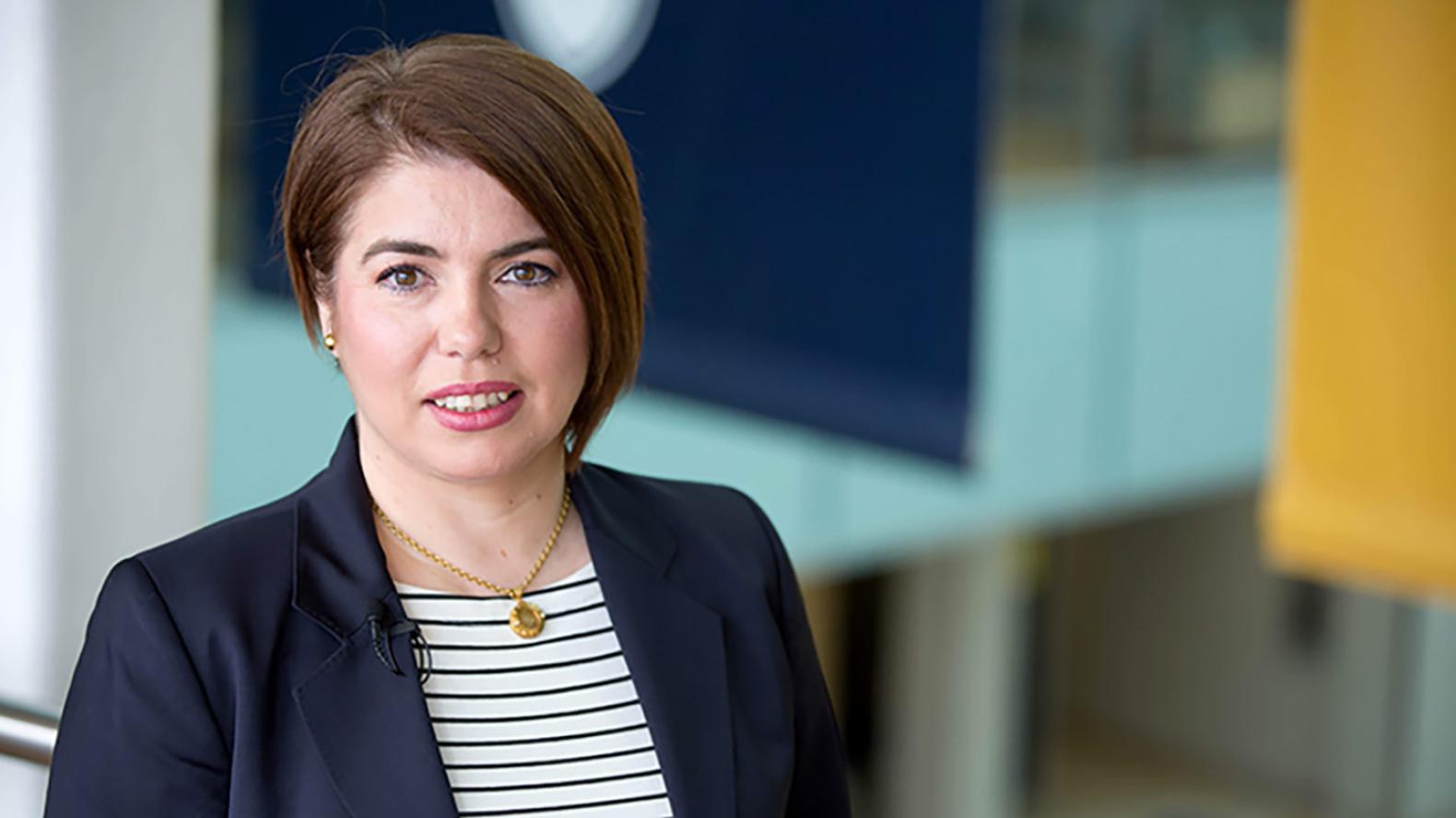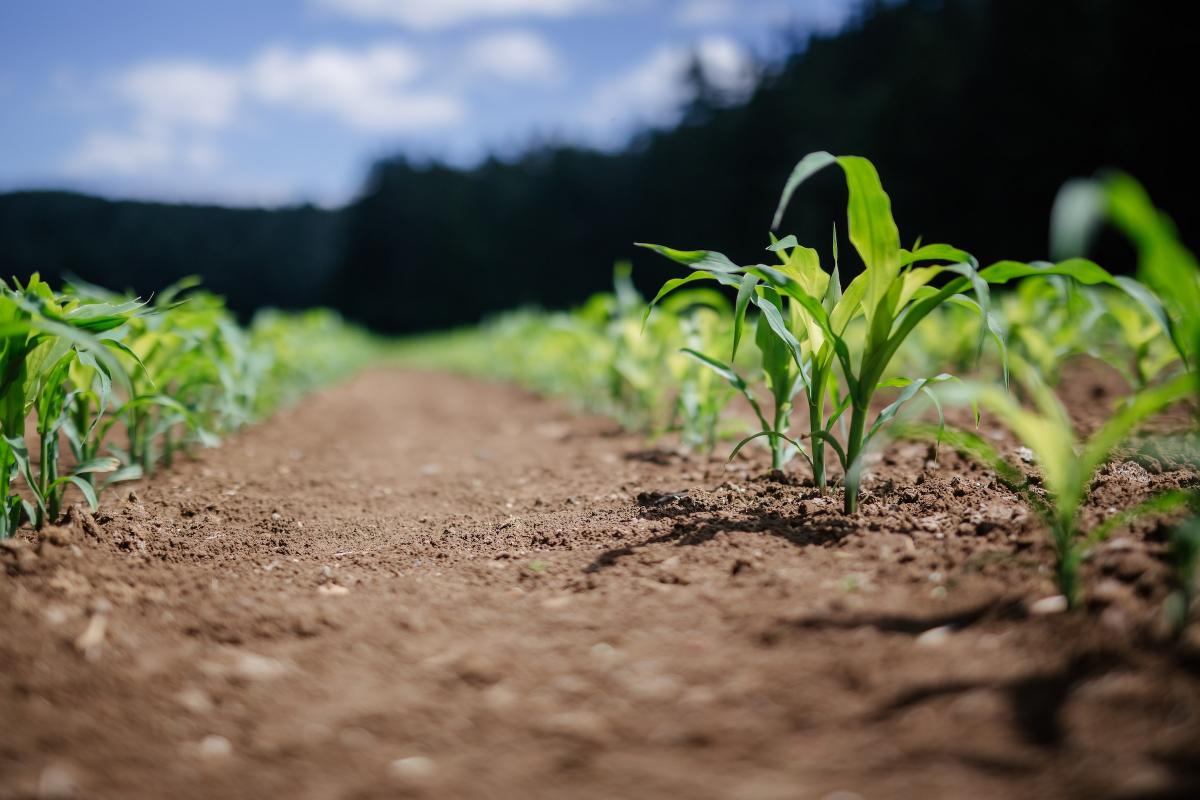
Dr. Cigdem Eskicioglu, Professor and Natural Sciences and Engineering Research Council of Canada/Metro Vancouver Industrial Research Chair in the School of Engineering, is supporting this transition through research that focuses on anaerobic digestion, utilizing microorganisms to turn organic waste and human-created pollutants into renewable bioenergy products like methane and organic fertilizer. Dr. Eskicioglu also works to identify and remove emerging micropollutants like hormones, pharmaceuticals, and pesticides.
“Since most of the conventional wastewater treatment plans are not able to efficiently remove micropollutants, I believe that advanced treatment processes designed to target these micropollutants are urgently needed,” says Eskicioglu. To meet this demand, her research group operates three facilities: the Advanced Anaerobic Digestion Facility; the Particle Sizing, Zeta Potential and Imaging Facility; and the Micropollutant Detection Facility.
To date, Dr. Eskicioglu’s research group have conducted extensive bench-scale anaerobic digester testing programs for conversion of the City of Kelowna and Regional District of Central Okanagan’s municipal biosolids to biogas and fertilizer.

Results so far demonstrate the potential for transforming wastewater facilities into product factories, minimizing waste, creating carbon credits, and leading a new circular economy.